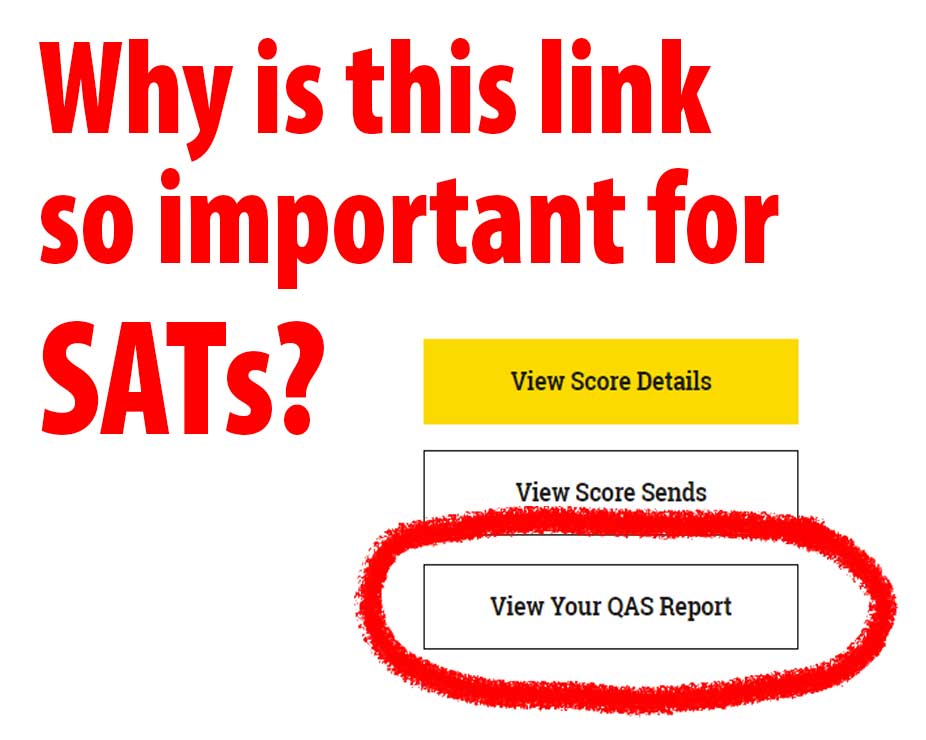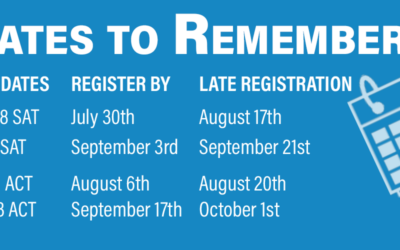The SAT and ACT do not make it easy for you to truly understand your SAT/ACT scores, or how to improve them.
Sure, they invent increasingly more specific subcategories of question types like “Words in Context,” “Analysis In History,” Social Studies,” and “Passport to Advanced Math,” but these sub-categories mean little to someone who wants to improve their score.
If a student scores low in “Social Studies,” does that mean they have to go review a “Social Studies” textbook? What does “Passport to Advanced Math” even mean? There is no math concept in any school nor is there any class named “Advanced Math.”
Rather they are a bunch of fancy terms to make it look like a student is getting a detailed breakdown of their score.
In reality, the number one best way for students to understand why they got the score they did is to see the exact questions they got wrong and examine why they were wrong. In my research from over a decade of working with students, nearly 50% of students’ mistakes are mental mistakes, meaning students are not knowledge-deficient in a particular subject, but are prone to small mistakes that can be corrected through repeated practice.
Thus the key to identifying these mistakes is by reviewing the test itself and focusing on the types of mistakes they are prone to, rather than looking for content they need to review.
Test Review Opportunities
However, the SAT and ACT only release reviewable copies of tests and answers three times per year, so opportunities to reflect on mistakes made on actual tests are limited. The dates for which this service is available are:
March, May, October
ACT – Test Information Release:
April, June, December
Only students taking the tests on these particular dates have the option to request a copy of the test and answer sheet for an extra fee. These reports are an invaluable tool to help students understand what and why they got questions wrong.
Identifying such mistakes usually has the added benefit of encouraging students to study harder as well and set targeted goals. 5 more math questions answered correctly, for instance, could easily add 50 more points to a student’s score.
While it is not necessary to only take the test on these dates, I do recommend taking the SAT/ACT on at least one of these dates so you can order a copy of the test and review your score in detail.




